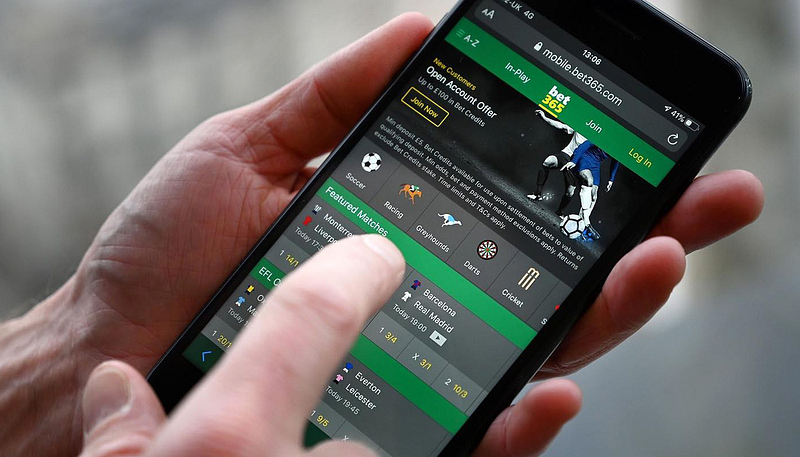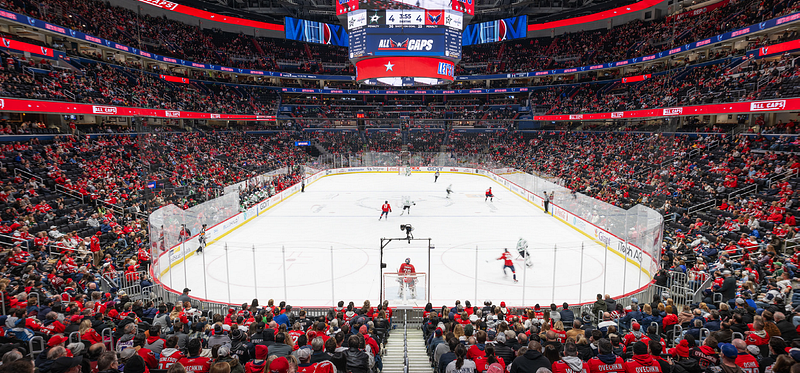
The sports industry revenue from sports betting in the United States reached $11 billion in 2023. This was a significant increase from just $400 million in revenue in 2018. This increase in revenue stems from a Supreme Court decision to strike down the Amateur Sports Protection Act, which restricted all but a handful of states from legalizing sports gambling. Since then, 38 states have legalized gambling. What are the effects?
Economically, sports gambling is highly beneficial to the U.S. economy. States profit through increased gambling tax revenues. In 2023, sports betting generated a national state-level sales tax of $505.96 million.
Gambling also helps sports leagues increase their financial revenues. Studies reveal that fans spend around 20% of every game watching gambling advertisements. These advertisements sometimes promise to subsidize users’ first bets. For example, DraftKings promises $200 in instant bonus bets when a first-time user bets $5. As a result, many members of the audience are more likely to participate in sports betting after viewing these advertisements. With increased audience participation, sportsbooks generate more revenue. This benefits sports teams since many are direct partners with these companies.
When sports gambling was legalized, many teams reached deals with sportsbooks. In the NFL, the New York Giants and Washington Commanders became partners with DraftKings and FanDuel, respectively. In the NHL, the Nashville Predators and the New York Rangers inked deals with DraftKings. NBA’s Denver Nuggets and Indiana Pacers partnered with PointsBet. Lastly, in the MLB, DraftKings has deals with the Colorado Rockies and the Chicago Cubs. As the gambling industry grows, sports teams profit from the revenue generated by the sportsbooks through direct sponsorships and viewership.
Moreover, sports betting helps grow the fanbase and engagement of sports leagues. As sports betting grows in popularity, teams and leagues receive additional ways of engagement. Leagues like the NFL now display live betting odds on TV for viewers to follow. And it is working. This season, the NFL is averaging an average of around 18 million viewers on regular season games, a 20% increase from 2017. The legalization of sports betting has been one of the reasons why league viewership has increased.
Additionally, sports betting has increased fan engagement. Stadiums are now incorporating gambling into the fan experience, with sportsbooks implemented in the venue where fans can place bets before or mid-game. At Capital One Arena, the home of the NBA’s Washington Wizards and the NHL’s Washington Capitals, Caesars Sportsbooks generated $5.2 million in wagered bets in August 2022.

From the perspective of businesses and many fans, there has been a positive response to the legalization of sports gambling. However, there is still skepticism.
Some fans fear that the integrity of games is in jeopardy due to sports gambling. Last season, the NFL suspended ten players for gambling, seven of which betted on the NFL. Most notably, star wide receiver Calvin Ridley violated the NFL’s gambling policy and received a one-season suspension. Are we on track for the 1919 Black Sox of the 21st century? The 1919 Black Sox famously threw the World Series in order to help local bookies win bets and took a cut of the profit.
In addition, many disagree with the morality of gambling. The unfortunate reality is that advertisements and sportsbooks attempt to capitalize on the gambling addiction of bettors for profit.
Ultimately, the sports gambling industry is taking over, and new audiences are entering the field. This generates revenue that promotes economic growth, job opportunities and league popularity, and it enhances fan experience and engagement. Yet, many may question the effect that the legalization of gambling may have on athletes’ integrity. Furthermore, it could exacerbate peoples’ gambling addiction. Nonetheless, the sports betting industry is rapidly growing, and the rippling effects moving forward are immense.
















